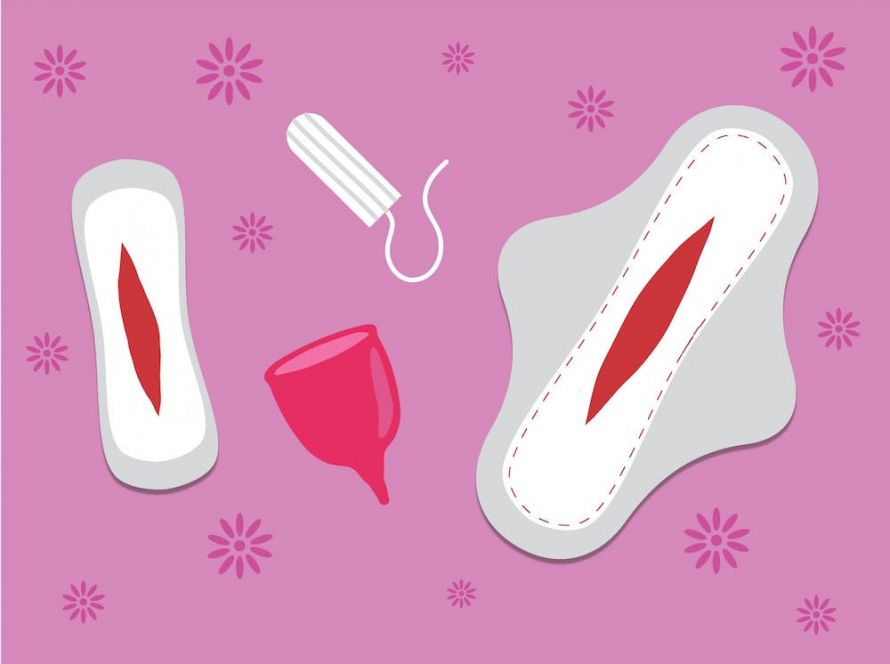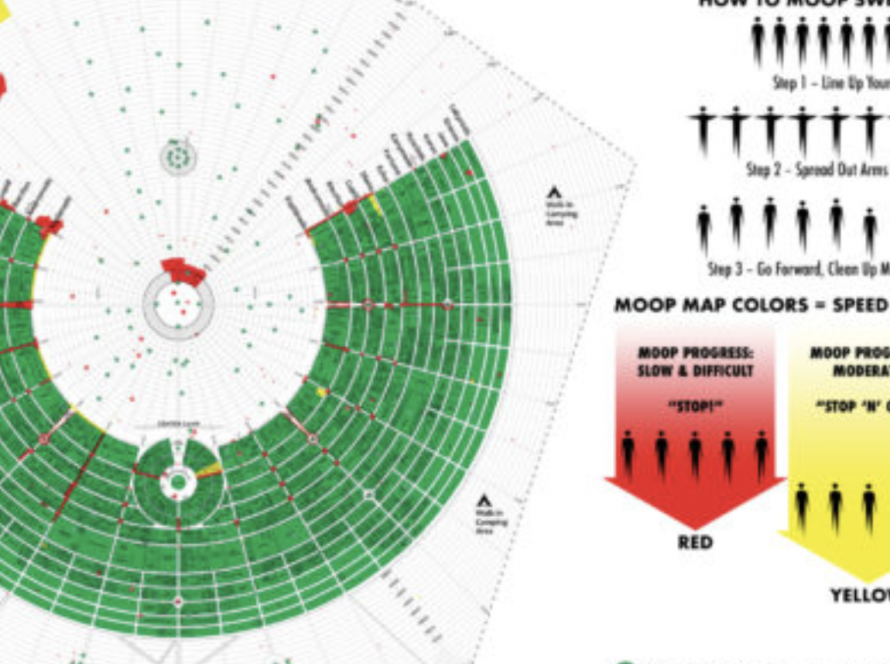The Economist, in an article called “The Big C,” had some information I’d like to share here. If you’re a regular reader of Hometown Columbia, you may have gleaned by now, that the topic of health and personal choices occupies my mind now and again. OK, so there’s a new personalized health check-up system called the PreventionCompass. It’ll be easier for all of us here if you just scan the article for the deets.
What I found compelling is that — at least in the Netherlands — more than half of the employees who participated in PreventionCompass made changes to their way of life. They did so as a result of the information they received about what was probably coming down the pike for them in terms of health.
So, instead of someone hearing, “Smoking is bad” or “Even being 15 pounds overweight significantly increases your chance for heart disease,” the public pulpit conversation is channeled directly and specifically at a person using numbers and statistics related to them, exactly and uniquely. Oh, that’s a mouthful.
Lighten up on the public health PSAs. Nobody listens to them anyway. And even if they listen, few people change behavior based on them. This is known! So why do we continue?
Instead: Give people data — not mess ages! Personal data! As in, “Yo, given your lifestyle, your family history and the elevated proteins in your blood, you’re about two years away from having a colostomy bag. Is this what you want? Or do you want to make some changes? Now.” Let’s see what that information does to the health care system.
The program costs about 100 euro per employee, per year. Given US health care costs and our ever-so-strong dollar, that could be quite a bit higher. But still, much cheaper than, for example, surgery to remove a portion of some one’s colon … and all the ongoing complications and care, thereafter.




